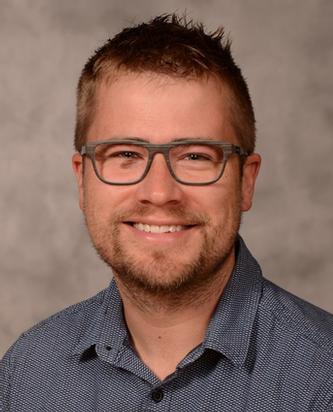Websites
Biography
Mark Kaemingk received his Ph.D. in Fisheries Sciences from South Dakota State University, M.S. in Conservation Biology from Central Michigan University, and B.S. in Wildlife and Fisheries Sciences from South Dakota State University. He then held a National Science Foundation Postdoctoral Fellowship in Biology, working in New Zealand at the Victoria University Coastal Ecology Laboratory. Mark was a Research Assistant Professor at the University of Nebraska-Lincoln prior to joining the Department of Biology as an Assistant Professor of Aquatic Ecology.
- BIOL 425 - Ichthyology (spring, even years)
- BIOL 430 - Human Dimensions of Wildlife and Fisheries (spring, odd years)
- BIOL 433 - Aquatic Ecology (fall, odd years)
- BIOL 438 - Fisheries Management (fall, even years)
The overarching goal of the UNDerwater Lab is to combine spatial and temporal approaches to understand complex biological interactions associated with aquatic ecosystems. The UNDerwater Lab is particularly excited about working on spatiotemporal questions that focus on the interactions among fish communities, angler communities, and their environments. Previous research has addressed spatiotemporal questions on a wide variety of ecosystems, including large rivers and reservoirs, shallow lakes, wetlands, a Laurentian Great Lake, and coastal rivers, estuaries, and marine environments.
